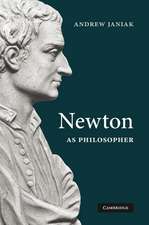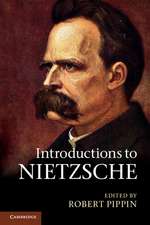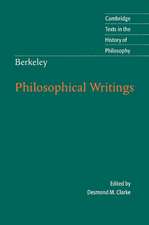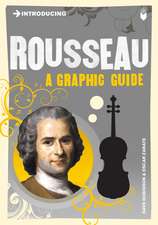Fichte's Republic: Idealism, History and Nationalism
Autor David Jamesen Limba Engleză Paperback – 14 mar 2018
| Toate formatele și edițiile | Preț | Express |
|---|---|---|
| Paperback (1) | 282.48 lei 6-8 săpt. | |
| Cambridge University Press – 14 mar 2018 | 282.48 lei 6-8 săpt. | |
| Hardback (1) | 693.02 lei 6-8 săpt. | |
| Cambridge University Press – 8 oct 2015 | 693.02 lei 6-8 săpt. |
Preț: 282.48 lei
Nou
Puncte Express: 424
Preț estimativ în valută:
54.07€ • 58.75$ • 45.45£
54.07€ • 58.75$ • 45.45£
Carte tipărită la comandă
Livrare economică 21 aprilie-05 mai
Preluare comenzi: 021 569.72.76
Specificații
ISBN-13: 9781107527829
ISBN-10: 1107527821
Pagini: 238
Dimensiuni: 153 x 230 x 13 mm
Greutate: 0.33 kg
Editura: Cambridge University Press
Colecția Cambridge University Press
Locul publicării:New York, United States
ISBN-10: 1107527821
Pagini: 238
Dimensiuni: 153 x 230 x 13 mm
Greutate: 0.33 kg
Editura: Cambridge University Press
Colecția Cambridge University Press
Locul publicării:New York, United States
Cuprins
Introduction; 1. Selfhood, virtue and the Wissenschaftslehre; 1.1 Fichte's critique of Rousseau; 1.2 The dispute between idealism and dogmatism; 1.3 Idealism and virtue; 1.4 The republic of scholars; 2. Practical reason, conscience and ethical vocation; 2.1 The primacy of practical reason; 2.2 Conscience and radical evil; 2.3 Ethical vocation; 3. The relation between moral subjectivity and history in Fichte's defence of the French Revolution; 3.1 Moral subjectivity and history; 3.2 Experience and history; 4. Fichte's philosophy of history: the future ages of humanity as postulates of pure practical reason; 4.1 Practical need and the end of reason; 4.2 Fichte's world plan; 4.3 Fichte's instrumentalization of history; 5. The absolute state: coercion and perfectibility; 5.1 The absolute state; 5.2 From Rechtsstaat to Kulturstaat; 6. Fichte's Republic; 6.1 The idea of a new German university; 6.2 The role of the new university in a German national education; 6.3 Philosophy and the life of the nation; 6.4 Love of fatherland and the moral will; 6.5 The German Republic; 7. The role of language in Fichte's construction of the nation; 7.1 Creating the nation; 7.2 Fichte's idea of an original language; 7.3 The Germans as speakers of an original language; 7.4 Language and the construction of the nation; 7.5 Fichte and Machiavelli; Bibliography; Index.
Recenzii
'In his enlightening new book David James turns to the question of what becomes of Fichte's idealist subject when it is transposed into the political realm, challenging both those who would see in Fichte an ideologue and those who would divorce Fichte's political writings from his systematic writings.' Stefan Bird-Pollan, University of Vienna
Notă biografică
Descriere
An original interpretation of the connection between idealism, history and nationalism in Fichte's general philosophical, educational and moral project.
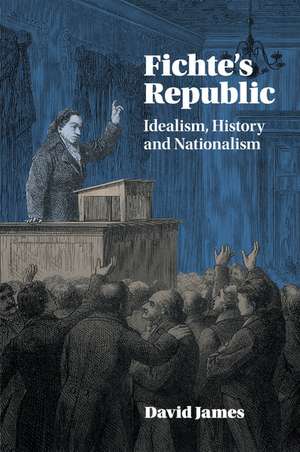

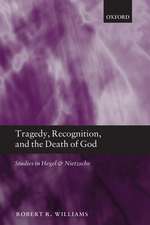
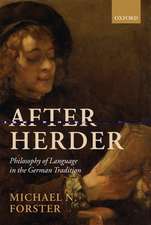
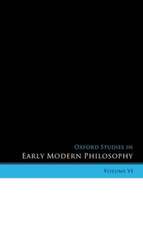

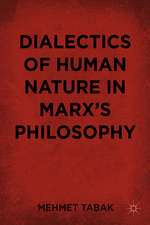
![British Empirical Philosophers (Routledge Revivals): Locke, Berkeley, Hume, Reid and J. S. Mill. [An anthology]](https://i4.books-express.ro/bt/9780415537742/british-empirical-philosophers-routledge-revivals.jpg)
